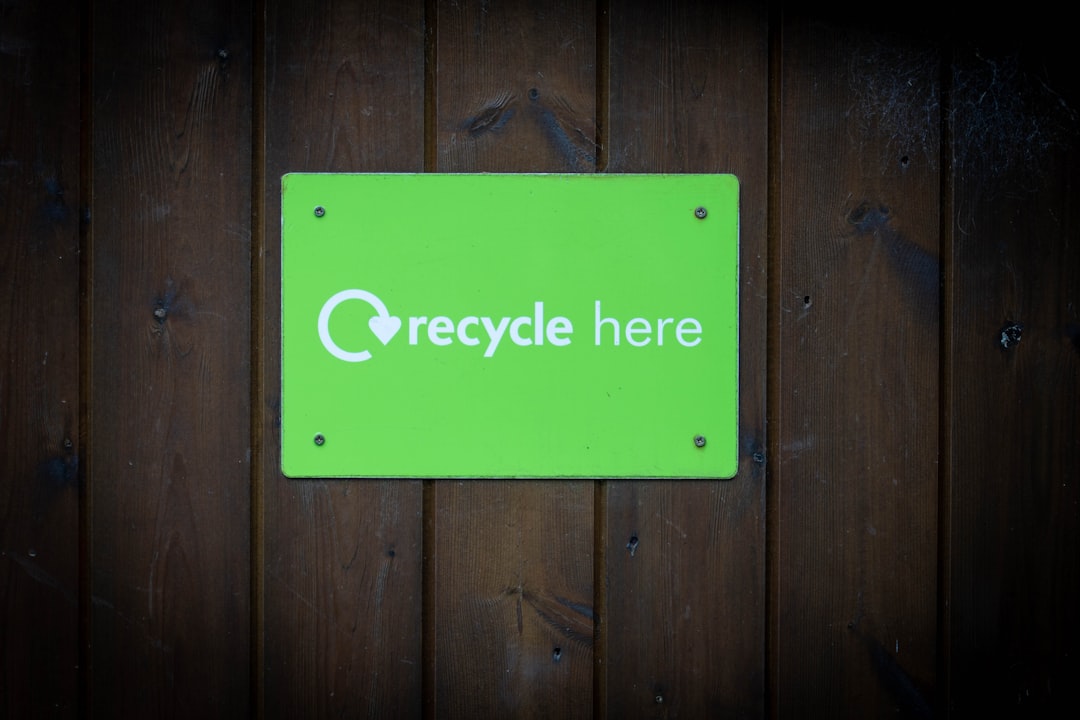In an era of climate urgency and heightened environmental awareness, the tech industry touts itself as a defender of sustainability. However, as pressures mount for genuine climate action, the distinction between meaningful sustainability efforts and strategic greenwashing becomes increasingly critical. Many companies publish polished annual sustainability reports and adopt buzzwords like “net zero” or “carbon neutral,” but the impact of these declarations often falls short. The need for real actions, not just marketing campaigns, has never been more urgent.
Understanding Greenwashing in Tech
Greenwashing refers to the practice of companies promoting environmentally friendly initiatives more for perception than for actual ecological impact. In the tech world, this can take various forms:
- Boasting partial energy use from renewables while maintaining fossil fuel dependencies.
- Offsetting emissions through questionable carbon credits rather than reducing emissions at the source.
- Releasing sustainability commitments with vague timelines or unclear strategies.
While public relations teams frame these as sustainability milestones, stakeholders, particularly investors, regulators, and customers, are demanding transparency, accountability, and measurable progress.
Why Tech Must Take the Lead
Few sectors have the global reach, data-processing power, and capital as the tech industry. With data centers responsible for roughly 1% of global electricity consumption and rising, and with billions of devices manufactured annually, the potential for environmental impact is massive. At the same time, tech companies have the tools and scalability to lead the charge on sustainability.

Tech giants like Apple, Google, and Microsoft have made high-profile sustainability claims, such as powering operations with 100% renewable energy or pledging to remove more carbon than they emit. While these initiatives set a tone for the industry, smaller and mid-sized companies must follow suit not just by copying goals, but through a cultural shift in operational thinking.
Tangible Actions for Real Sustainability
To distinguish themselves from greenwashers, companies must embrace verifiable and impactful sustainability practices. Some of the leading real actions include:
1. Transitioning to Truly Renewable Energy
Using renewable energy certificates (RECs) to claim green status is not enough. Leading companies are now signing Power Purchase Agreements (PPAs) that directly fund new renewable infrastructure. Others are investing in on-site solar or wind projects to control their energy sources completely.
2. Designing Sustainable Hardware
From servers and semiconductors to consumer gadgets, hardware has a heavy environmental price tag via materials mining, energy use, and waste. Forward-thinking tech companies:
- Minimize e-waste through modular, repairable, and upgradable designs.
- Use recycled and responsibly sourced materials.
- Implement take-back and recycling programs for old devices.
3. Optimizing Software for Efficiency
Optimized software uses fewer server resources, reducing the energy load in data centers. Developers are increasingly writing leaner code optimized for performance and energy consumption, and companies are prioritizing sustainability metrics in software engineering practices.
4. Supply Chain Transparency
Many environmental issues originate deep within supply chains. From mining rare earth minerals to energy-intensive manufacturing, upstream emissions can outweigh those from operations. Transparent reporting and standards enforcement help ensure sustainability isn’t lost beyond company walls.
5. Commitment to Circular Economy Models
Embracing a circular economy — where products are reused, refurbished, or recycled — helps minimize waste and resource demand. Companies working toward this model prioritize:
- Product life extension through firmware updates and longer warranties.
- Secondary markets for used tech.
- Partnerships with third-party recyclers that meet strong environmental standards.

Holding Companies Accountable: Metrics and Reporting
Accountability is at the core of avoiding greenwashing. Companies serious about sustainability must adopt robust reporting mechanisms. The following actions are key:
- Science-based targets: Align emissions reduction goals to the Paris Agreement and regularly audit them.
- Third-party certifications: Use globally recognized standards such as ISO 14001 or CDP disclosures.
- Full lifecycle analysis: Evaluate environmental impact across the product or service lifecycle.
- Blockchain for transparency: Some innovators are using blockchain to track carbon footprints and ensure data integrity.
The Role of Consumers and Investors
Tech firms are increasingly responsive to consumer and investor demands. Retail and institutional shareholders are embedding environmental, social, and governance (ESG) criteria into financial decisions. Moreover, an emerging demographic of digital-savvy consumers prioritizes sustainability when choosing software platforms, devices, and providers.
Tech companies can no longer afford to exploit vague commitments or hide behind market complexity. Informed buyers now demand authenticity — and thanks to tools like online transparency dashboards and watchdog reports, companies are being watched more closely than ever before.
Case Study: Microsoft’s Carbon Negative Pledge
In 2020, Microsoft announced it would become carbon negative by 2030 and remove all the carbon it has ever emitted by 2050. This ambitious commitment is backed by actual measures:
- Investment in carbon removal technologies.
- Development of a Sustainability Calculator for clients to assess cloud-based emissions.
- Funding for sustainability innovation startups.
- Direct emissions reduction through electrification of campuses and transport fleets.
This case proves that large tech firms can move beyond paper promises to measurable change when the strategy is embedded from the core.
Looking Ahead: Sustainability as a Long-Term Investment
As governments tighten regulations on emissions and sustainability reporting, companies that have already embedded sustainability into their infrastructure and culture will witness long-term benefits. These include employee retention, customer loyalty, and even reduced costs through energy efficiency and waste reduction.
Real sustainability in tech is not about shortcuts or short-term gains—it’s a strategic imperative for long-term resilience and industry leadership.
Frequently Asked Questions (FAQ)
- What is greenwashing in technology companies?
- Greenwashing refers to misleading claims by tech companies about the environmental friendliness of their products or practices. It often involves exaggerating or fabricating sustainability initiatives for the sake of public relations.
- How can a tech company prove its environmental commitment?
- By adopting science-based emissions targets, using third-party verifications, publishing full lifecycle impact assessments, and actually reducing — not just offsetting — emissions.
- Is switching to renewable energy enough?
- While it’s an important step, true sustainability also involves hardware design, efficient coding, responsible supply chains, and circular economy practices.
- What can consumers do to support sustainability in tech?
- Consumers can support companies with transparent sustainability practices, avoid contributing to e-waste, and call out greenwashing when they see it.
- Are data centers really that harmful to the environment?
- Yes, data centers consume significant energy, contributing to emissions. Their demand is growing with digitalization, and responsible operation is crucial to sustainability efforts.


